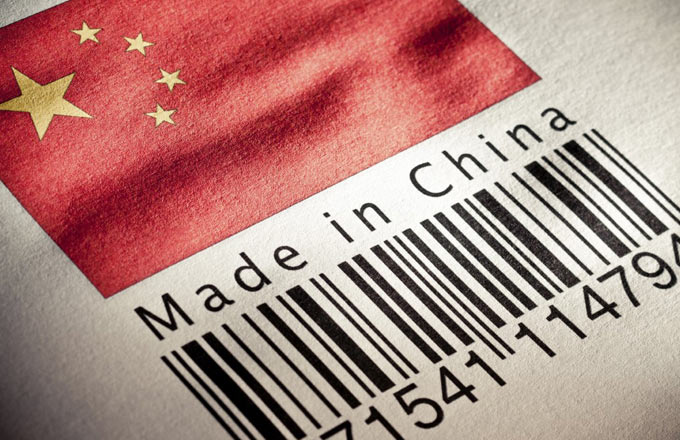China's red-hot property market searching for remedy
In addition, the central government's efforts to cool China's red-hot property market are undermined by municipal authorities, who lack the resolve to cool the market because proceeds from land sales contribute a significant part of their fiscal revenue and GDP growth.
A property tax plus regulatory measures has been touted as a viable solution to high prices and the tax alone has especially come to be viewed as a measure to restrict the buying of homes for investment purposes.
China's property tax pilot was initiated in January 2011 in Shanghai and Chongqing municipalities.
Shanghai has taxed housing purchases since January 28, 2011, with rates of 0.4 percent and 0.6 percent, while giving an exemption of 60 square meters per capita for every registered household.
The property tax in Chongqing is levied on homes purchased both before and after the pilot scheme was brought in there, at rates of 0.5 and 1.2 percent. The Chongqing property tax especially targets luxury home purchases.
The tax was effective in curbing real estate speculation in the two cities and both have raised the tax threshold this year as housing prices elsewhere mostly keep edging higher.
China Securities Journal reported on Monday that the government's work agenda for this year includes nominating more cities to pilot property tax trials.
Liao Yingmin, a researcher at the Development Research Center of the State Council, noted that the expansion of the property tax trials is a long-term boon for China's real estate market, as he expects administrative regulations to weaken in their wake.
"Property tax provides the right path to force speculators to sell spare houses, narrow the yawning income gap and it will partly ease the fiscal burden of local government by providing tax income," Liao said.
But property tax is not a panacea to cure China's property market woes overnight, and it needs the joint efforts of various sectors including finance, taxation, land and housing, warned Liu Hongyu, deputy director of the School of Civil Engineering from Tsinghua University.























